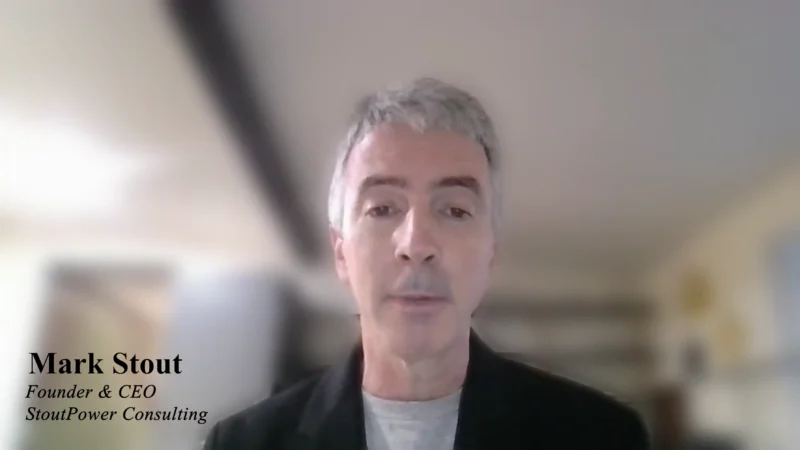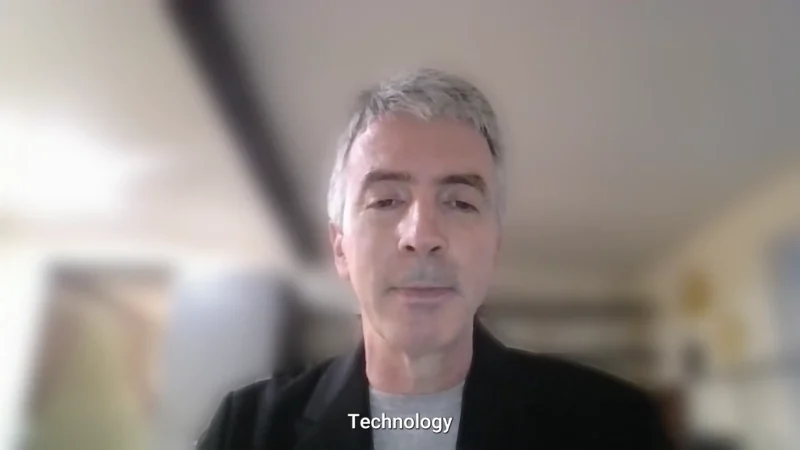Managing Trusted Devices on the Energy Grid with Intertrust
As energy systems become more decentralized, the complexity of managing trusted devices and other components connected to the grid continues to grow. According to the U.S. Department of Energy’s Distributed Energy Resource Interconnection Roadmap (January 2025), utilities across the country are experiencing increased interconnection requests for distributed energy resources (DERs), such as solar, battery storage, and EV charging systems. This shift brings a mounting challenge: securing and authenticating an expanding web of edge devices without compromising system integrity.
How do we ensure trust across a sprawling, multi-vendor energy infrastructure that is increasingly targeted by cyber threats?
In this episode of Pro AV Today, host Ben Thomas welcomes Julian Durand, the Chief Security Officer & SVP of Product Management, and Ali Hodjat, the VP of Product Marketing at Intertrust. They discuss how energy providers can manage and secure trusted devices across complex grid networks. The conversation focuses on the intersection of cybersecurity, device authentication, and the evolving expectations of both energy providers and consumers.
Key Takeaways from the Episode:
-
Zero trust architecture is essential to securing distributed energy networks, which are increasingly vulnerable due to the proliferation of unvetted, third-party hardware.
-
Endpoint protection is lagging in many operational technology (OT) environments, with legacy protocols and air-gapped systems often failing to meet modern cybersecurity expectations.
-
A universal trust model, such as the Trusted Energy Interoperability Alliance (TEIA), is being developed to help align OEMs, utilities, and consumers around a common framework for device certification and data governance.
Julian Durand is a cybersecurity and product management executive with over two decades of experience launching and scaling technologies across mobile, IoT, SaaS, and PaaS platforms. He has led global teams at Nokia, Qualcomm, and Intertrust, where he spearheaded innovations in eSIM, embedded security, telematics, and decentralized trust systems—holding ten patents with several more pending. Durand is CISSP-ISSAP certified, has held multiple P&L leadership roles, and is a recognized thought leader and frequent speaker on cybersecurity and product strategy.
Ali Hodjat is a senior product marketing leader with over 17 years of experience driving go-to-market strategies, product positioning, and sales enablement across broadcast, streaming, and media technology sectors. In addition to leading initiatives at companies like Intertrust, Telestream, and Verimatrix, he has deep expertise in content protection, DRM, and video security technologies, including forensic watermarking and authentication systems. Hodjat combines strong technical knowledge in media cybersecurity with proven leadership in cross-functional collaboration, competitive analysis, and strategic content development to deliver measurable business impact.




